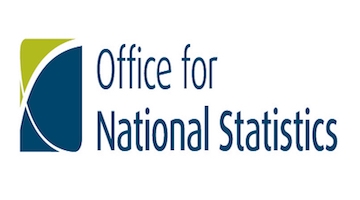The Consumer Prices Index (CPI) 12-month rate was 3% in October, the same as September after rising from 2.6% in July to 2.9% in August, mainly due to rises in clothing and motor fuel costs.
The CPI rate, provided by the Office for National Statistics, was 0.6% in August 2016 but appears to have stabilised in the range of 2.5% to 3% over the past few months. Some experts had forecast an increase to 3.1% or 3.2% this month.
Most experts believe inflation pressures will begin to subside next year but some believe that inflationary pressures have not yet disappeared.
Tom Selby, senior analyst at AJ Bell, said: “The weak pound continues to push up the costs of food, clothing and leisure activities while the rising oil price means transport costs are also marching higher. With average wage growth running at 2.2% and an interest rate hike starting to increase mortgage repayments for many, UK consumers will be starting to feel the pinch.
“However, we are by no means at crisis point. The deflationary forces of consumer debt and the internet are still at work and are likely to prevent inflation running out of control. By historical standards 3% is relatively modest and the Bank of England still has plenty of scope to use interest rate increases to bring it back down towards its 2% target.”
Ben Brettell, senior economist, Hargreaves Lansdown, said: “Inflation was expected to tick upwards to 3.1% today, but in the event it held steady at 3%, with lower fuel costs offsetting higher food prices. This narrowly averts the need for Bank Governor Mark Carney to write an explanatory letter to the Chancellor.
“In any case It would have been an easy letter to write. The spike in inflation should be temporary, as the effect of the weaker pound filters through to prices. And the Bank has already responded, with Carney and colleagues raising interest rates last month.”
Justin Urquhart Stewart, co-founder and head of corporate development, Seven Investment Management, said: “UK inflation, whilst holding steady, remains at a five year high and illustrates the strain on consumers’ pockets, already £600 on average worse off over the past year in real household disposable terms, according to the National Institute Economic Review. This is primarily due to falls in the value of Sterling and sluggish UK economic growth.
“Inflation is the incendiary that burns your hard earned savings and investments. So just how flame proof are your investments? Ordinary index linked bonds may not be enough as they are still shackled to a bond that will very likely hold down their value. Investment managers need to be smarter than that.”
The Consumer Prices Index including owner occupiers’ housing costs (CPIH) 12-month inflation rate was 2.8% in October 2017, unchanged from September 2017. The inflation rate for food and non-alcoholic beverages continued to increase to 4.1%, the highest since September 2013.

